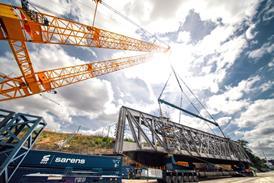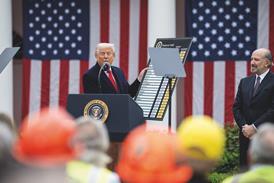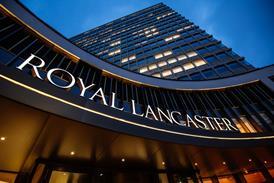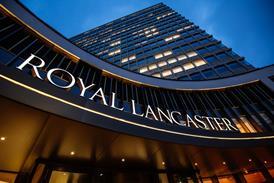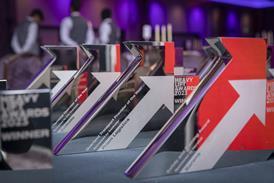September 14 - Following Finland's decision to ratify the convention, the IMO's ballast water management (BWM) convention is set to enter into force on September 8, 2017.
According to the IMO, the BWM convention marks a landmark step towards halting the spread of invasive aquatic species, which can cause havoc for local ecosystems, affect biodiversity and lead to substantial economic loss.
Under the convention's terms, ships will be required to manage their ballast water to remove, render harmless, or avoid the uptake or discharge of aquatic organisms and pathogens within ballast water and sediments.
Already under extreme financial pressure, shipowners could face significant additional costs over the next few years as a result of the convention coming into force.
Equipment manufacturer Alfa Lavel has estimated that shipowners will spend EUR12 billion (USD13.4 billion) on the installation of ballast water management systems.
There remains some uncertainty around the requirements for ballast water treatment systems and whether those compliant with the IMO convention will also comply with US ballast water regulation. The IMO has approved more than 50 different treatment systems, but the US Coast Guard has not approved a single one.
Trade association BIMCO expressed its concern that the BWM convention will enter into force leaving shipowners without treatment systems approved for global use.
"BIMCO is deeply concerned about the prospect of our members having to install treatment systems now which later may not be approved for use in US waters. This is because the US has not yet approved treatment systems that comply to its own, more stringent, national standards," commented Lars Robert Pedersen, deputy secretary general at BIMCO.
"Shipping will have to invest significantly in the installation of ballast water treatment systems by next September - only to find the investment is wasted if their system does not meet US standards.
"BIMCO is also concerned that systems approved to the present IMO standards are not robust enough to ensure that systems onboard real ships perform to the regulatory requirements to treat ballast water. We therefore call upon IMO to expedite the revision of their G8 guidelines for approval of ballast water treatment systems."

